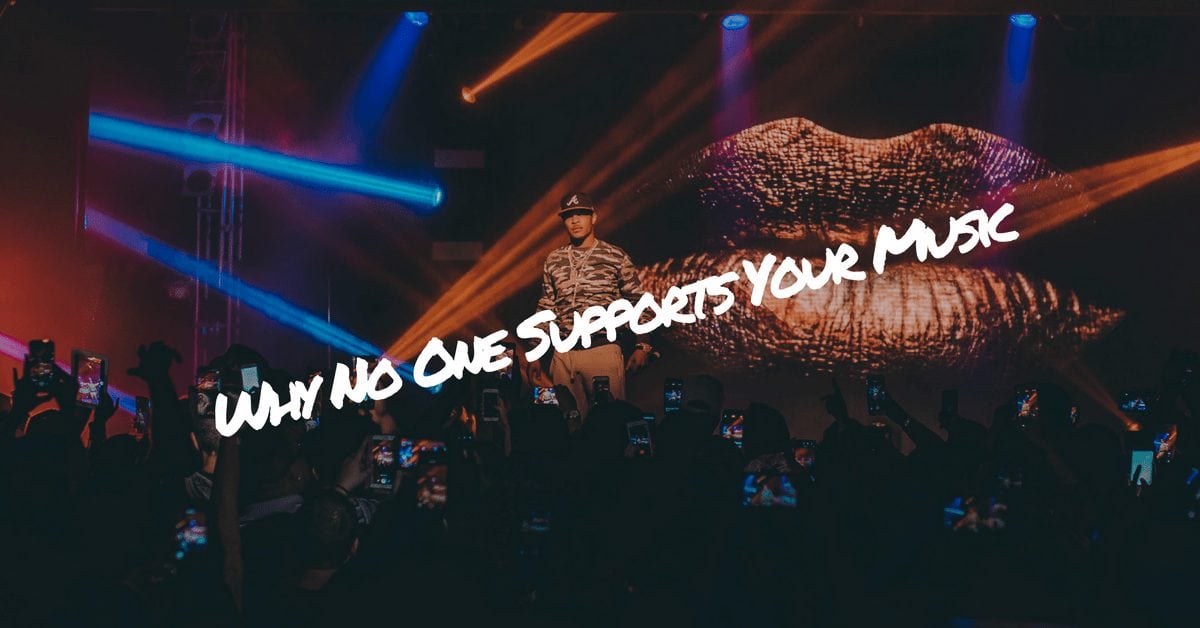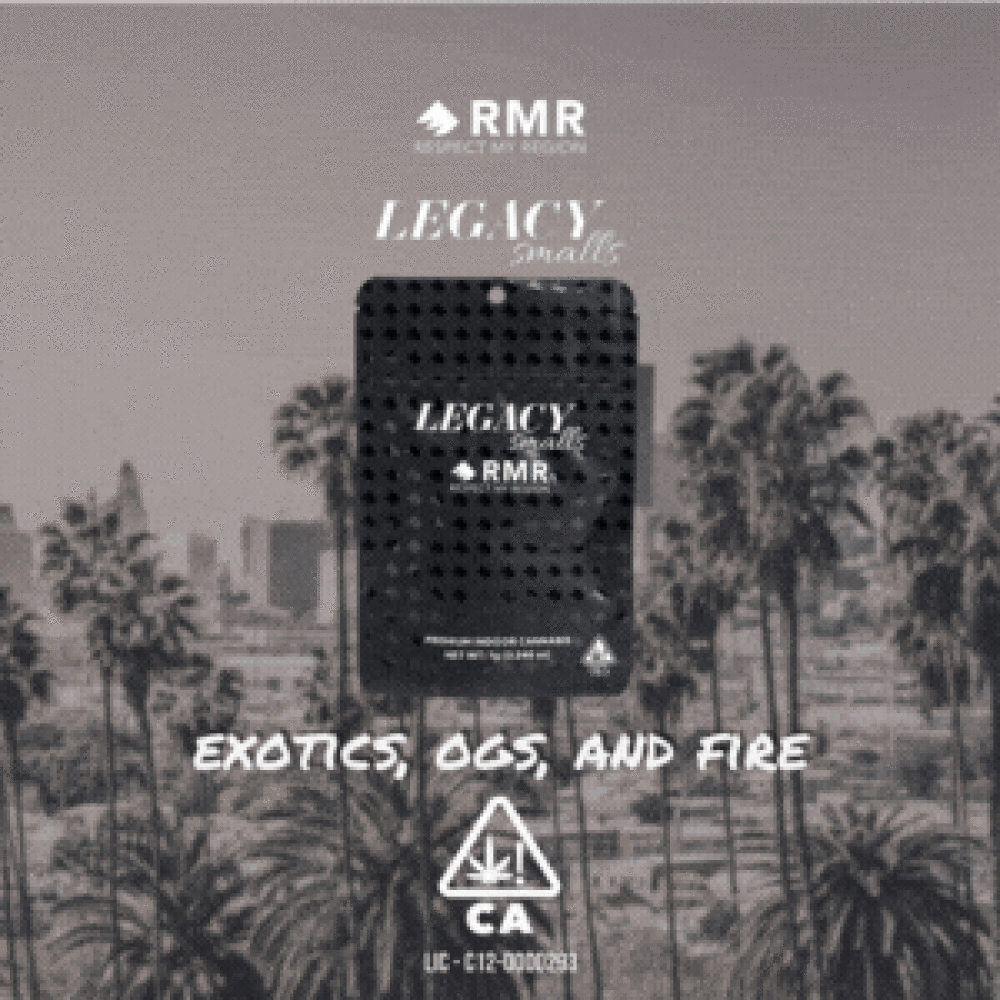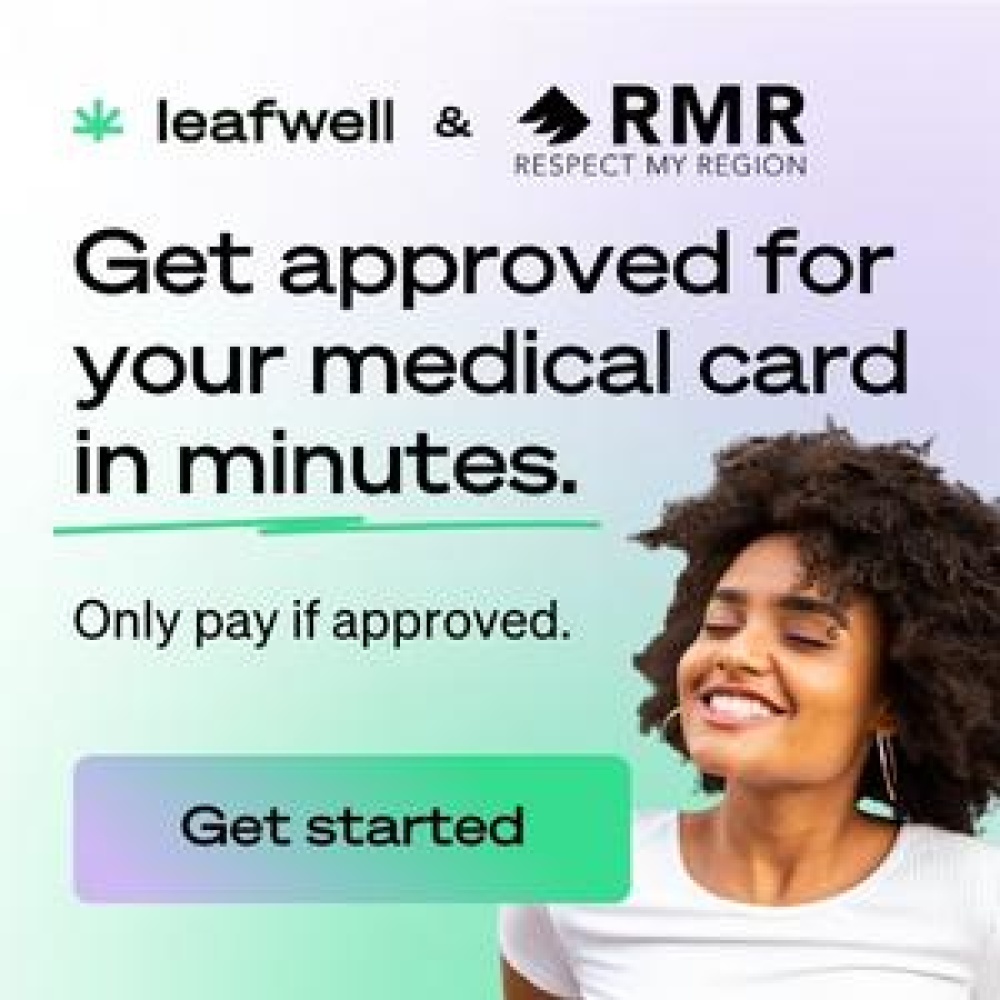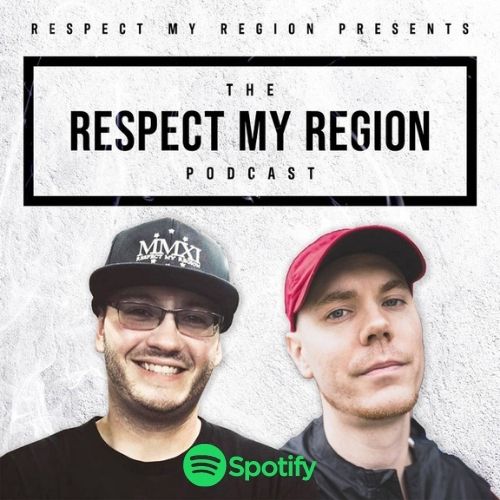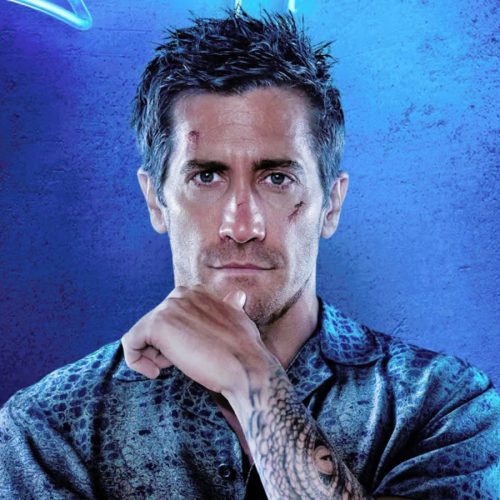“Why does no one support local music?” A question often heard around the social media dealings of our local scenes. Is our local music scene really dead? Or have local musicians stayed local because they haven’t figured out how to build a fanbase?
Just because you’re “extra dope” and put years of your life into a project, doesn’t mean anyone cares. It also doesn’t mean that no one supports local music. It just seems like no one supports YOUR music because you haven’t defined and communicated value. If you don’t know what value people get from you and how to deliver value to your audience, you’re going to stay local forever.
All music was local at one time. Lots of people support local music and artists, it’s just that nobody really supports YOUR music. People need to get ‘something’ from your music, that’s how you build a fanbase.
You’ve got to realize that no one fuxking cares. Your family and friends support your music because they’re your family and friends. I don’t mean to be rude, but if that wasn’t the case then why is no one else supporting you locally? They can’t all be haters!
It comes down to defining value, communicating that value, and connecting with an audience that wants that value — just cause you’re from my city doesn’t mean I automatically fuck with your “sound.” You fail to realize that you as an “artist” are competing against literally every other artist and album ever on these streaming platforms. Why should I choose to play your music?
How To Build A Fanbase For Your Music
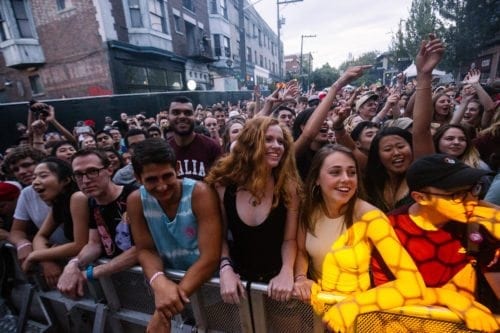
Define Value
Most artists haven’t figured out what their value is, who wants it, or how to communicate to those people who want more from you. Major stars have their value clearly identified. This can be defined so many different ways including but not limited to being a rapper with a gangster story that is believable, or having the radio power backing as “the new hottest thing.”
Some people like the music because of skill level, a preferred or current mood, or maybe a catchy sound. With the low barrier to create music, there is literally an unlimited supply of skilled rappers, ‘feel good artists’, and catchy songs all around the globe. What separates a “good” artist from just any artist is value.
When the value is easily identified in an artist, a person receives value in sharing their music. This person may feel cool by telling you about a new artist, they may feel helpful by telling you about something you really would be interested in, or they may be trying to fit in. These people are getting something from that, and if you haven’t harvested the momentum of a fan base, connected with them emotionally, or given them a real reason to love your brand as an artist, they are not sharing your music.
Communicating Value
Communicating value is about how your audience receives your brand message. It’s not necessarily how you attempt to reach them but how they receive your content. For example, Pepsi tried to reach out to the millennial audience with their Kendall Jenner protest ad. The general public, however, did not receive that Pepsi wanted to put their brand at the forefront of equality and instead, they became the target for an incredibly bad social media backlash. Whatever you want people to take from your music or content isn’t solely based on the content itself. It matters on what someone gets from the content. What do they get when they tell someone about it?
Position yourself as something! What do people like about you as an artist? What’s the consistent theme amongst those people that really like your music? What do you want people to take away from you? If it’s authentic it will be easier for you to produce and easier for people to notice. 2 Chainz knows his audience wants to turn up to his easily digestible bars and over the top subject matter. He is successful by staying in his lane. 50 Cent was POPPING when Dre and Em hyped the next great gangster rapper who really live the life, being shot 9 times and living to commercially rap about. Dr. Dre’s value is rooted in his minimal catalog of greatness. It only comes around every decade, and it changes the game. Kendrick Lamar is regarded as one of the best rappers of our generation and when he drops there is stupid value in hitting that “share” button on Facebook for any Kung Foo Kenny content.

Many artists simply want to be known for being dope. For being the “best.” Or some generic blanket statement that has no connection with anybody. If you don’t identify something extra special about you that really helps you stand out, you have nothing. And if that thing isn’t communicated in a way where people see it instantly and feel a reason to share, you’re going to have no one listening.
Why do people share things?
In the book Contagious, Jonah Berger explains the 5 main reasons why a person will share something.
Social Currency – We share things that make us look cool. Telling someone about something new or exclusive makes you look good, people enjoy the feeling of putting people onto game.
Triggers – You naturally talk about products and brands without thinking. Things pop into your mind based on sounds, situations, and other triggers.
Emotion – People share things that are move and inspire them. We also share things we care about and are emotionally connected to.
Public – The most looked out a form, sharing because “everyone else is doing it.” Following the mainstream and fitting in. Behavior is public, thoughts are private, even if a person doesn’t like something they may share it if it’s popular.
Practical Value – This is about sharing something that can help others. News and useful information can make you feel like you’re contributing. This how content that is aimed at small niche audience can go viral, everyone with that category shares and other people may find it interesting.
Stories – People don’t think in terms of information, they think in narratives. Stories connect emotion with awareness and information.
It’s not just your city and it’s not necessarily that your music sucks. No one supports your music because you haven’t figured out how to have them buy in and share. This isn’t a local music problem or something pertaining to any genre. Your music must demonstrate value and provide value when shared. Don’t over-think it, deep down you know what you have to offer. Be realistic about what group of people and how many of those people would want what you have to specifically offer. Now, go reach those people and give them a reason to support and share.


